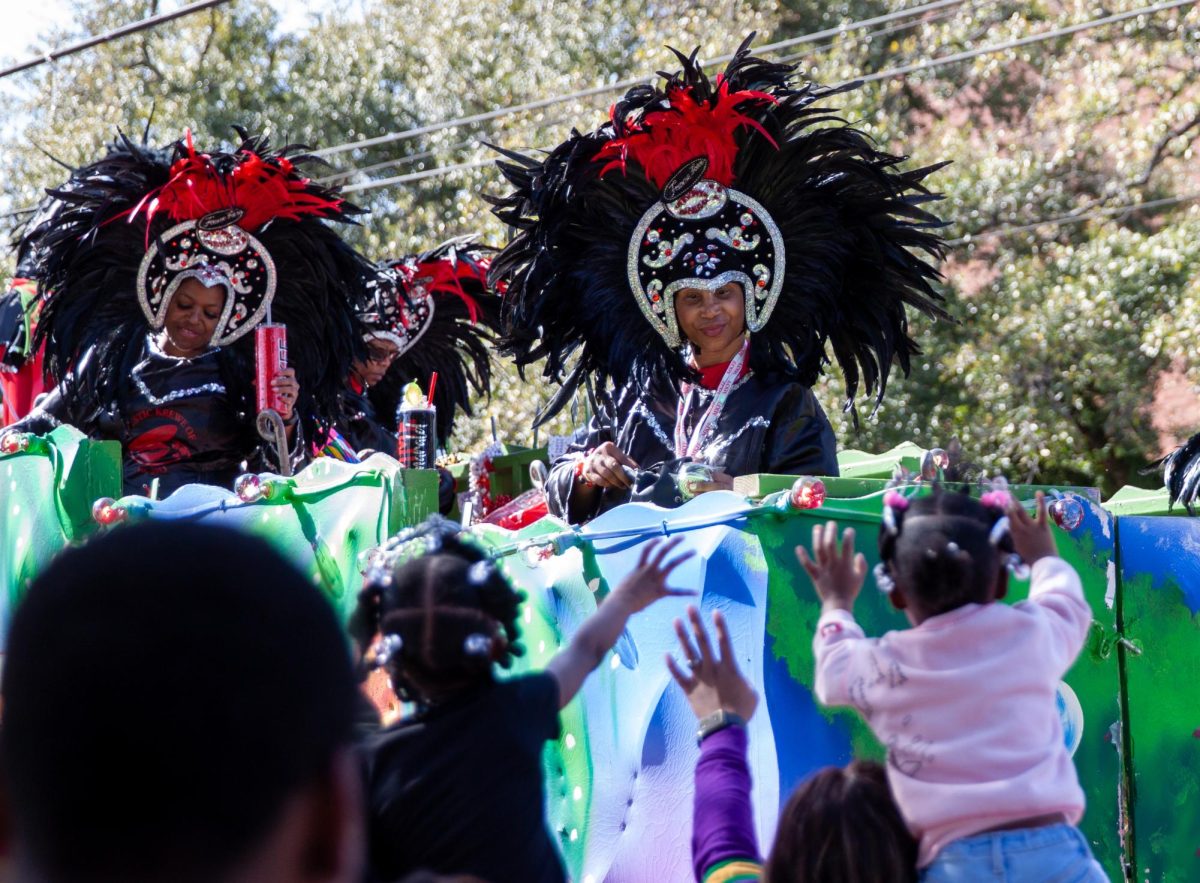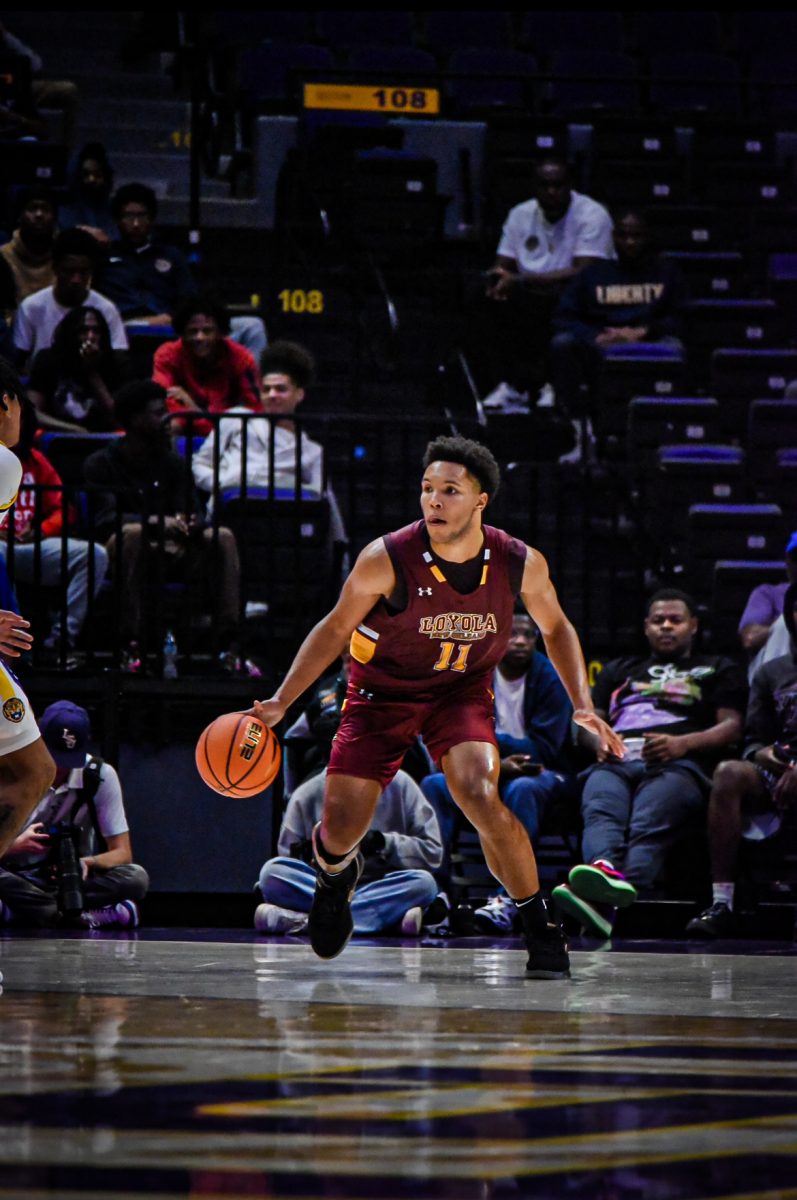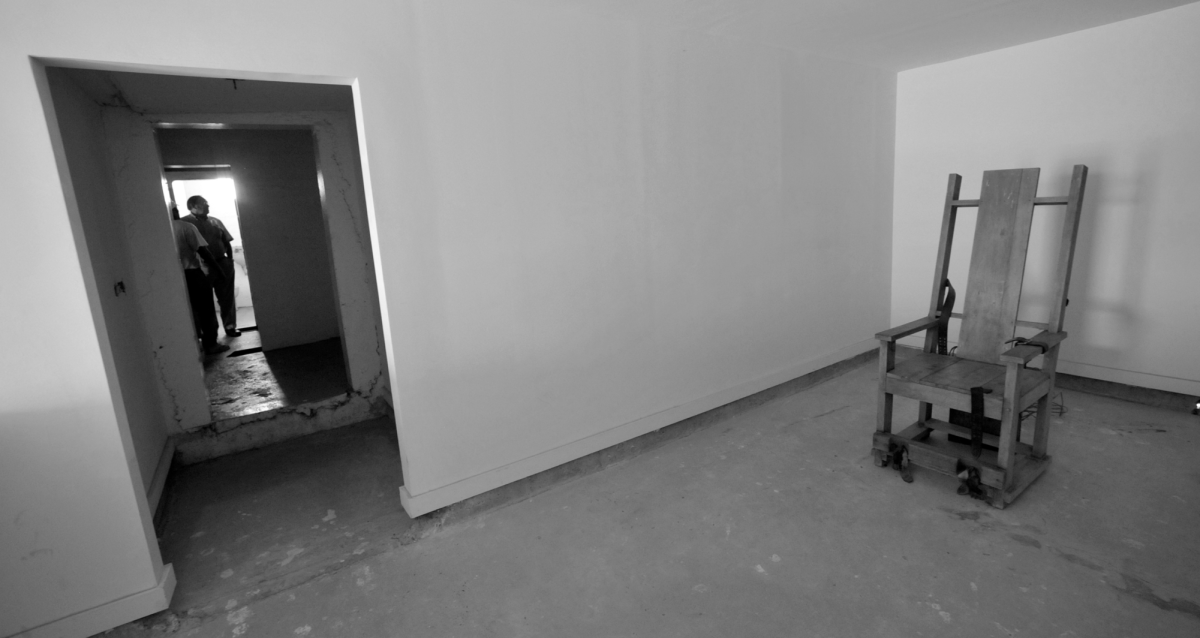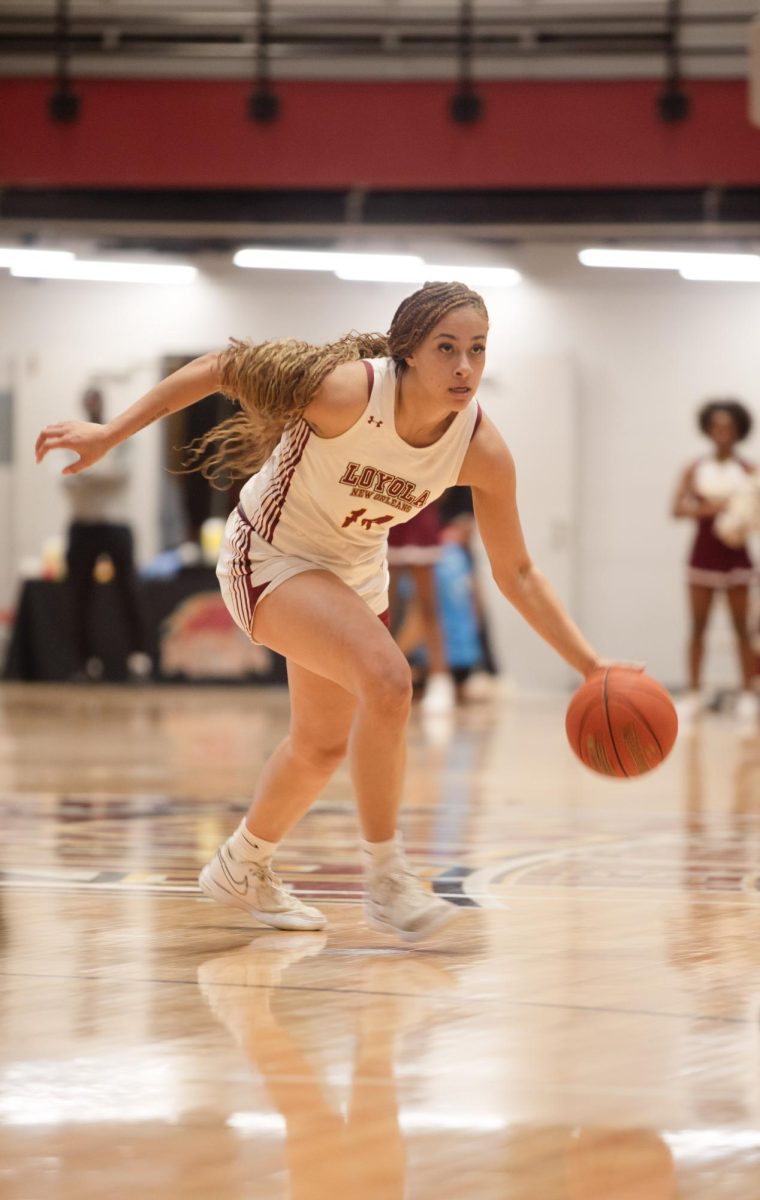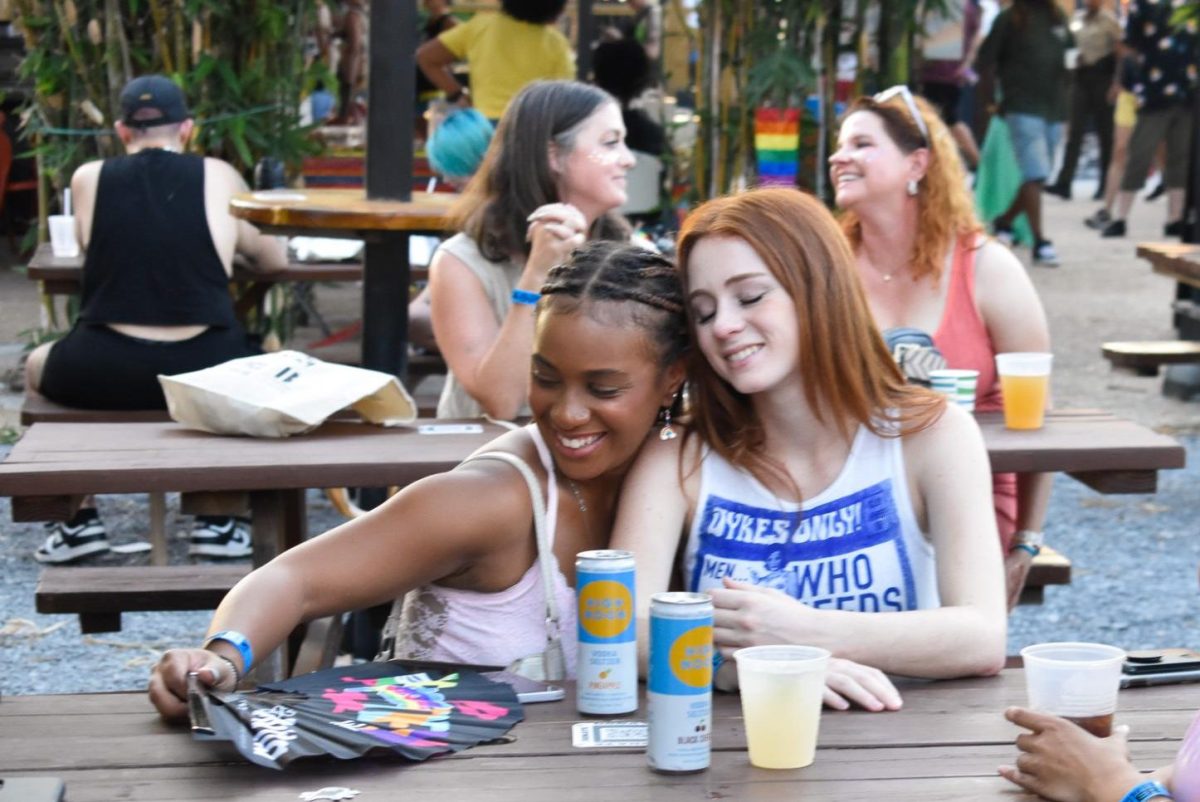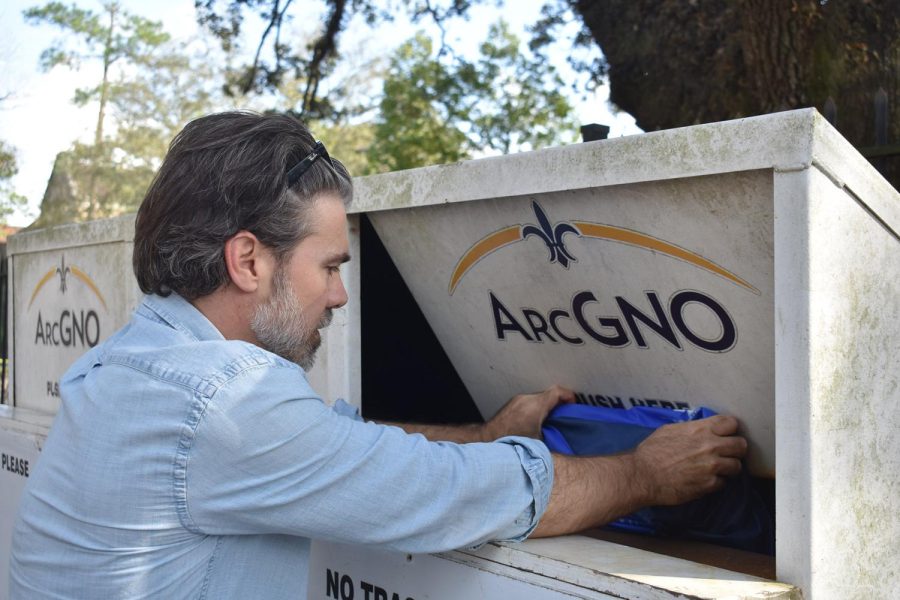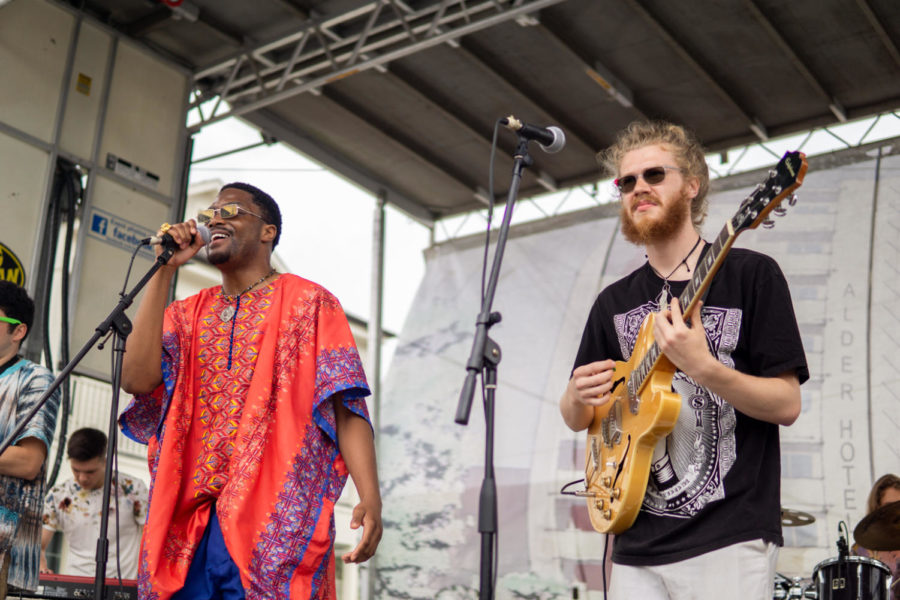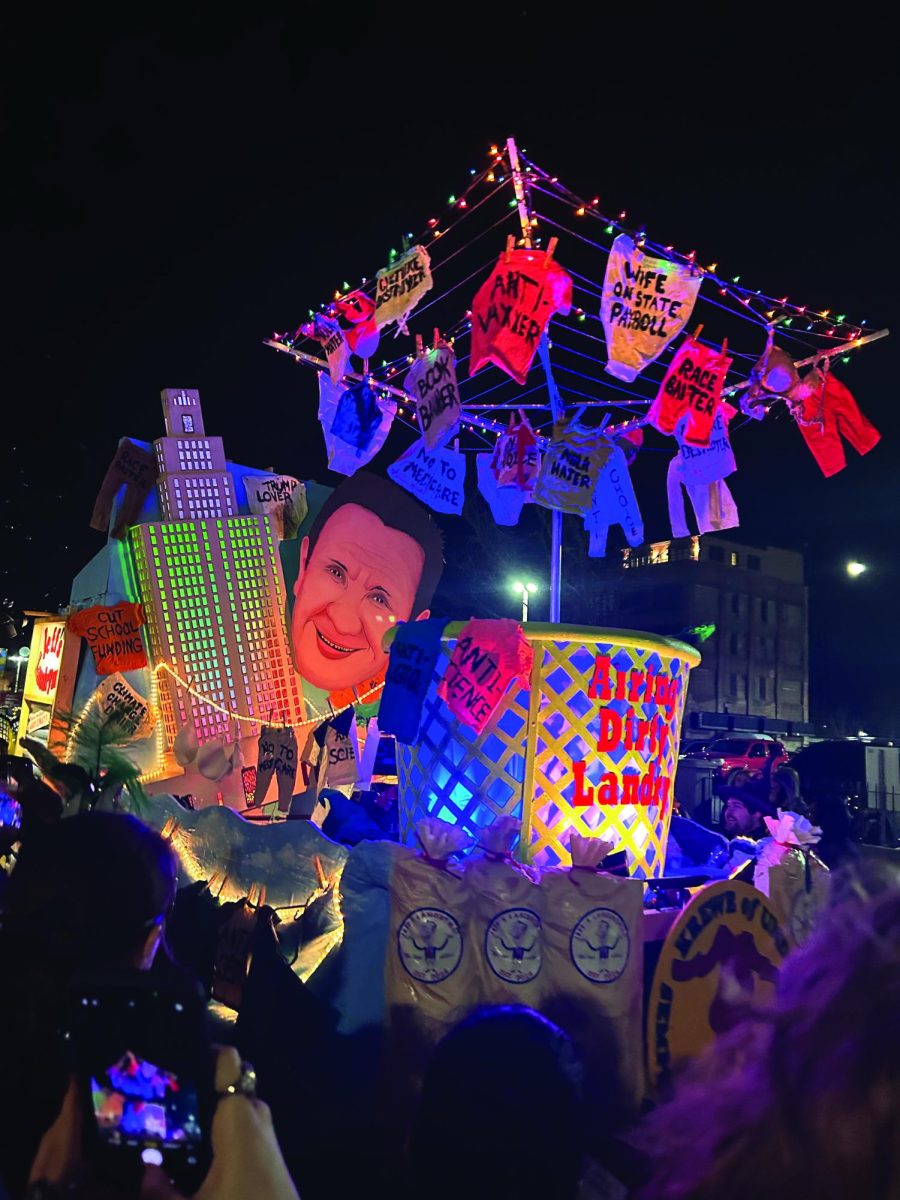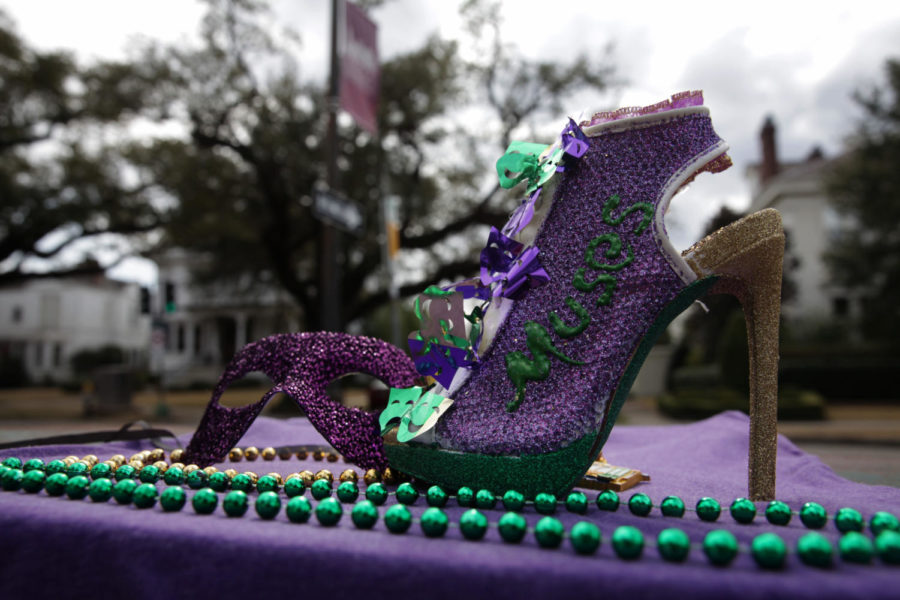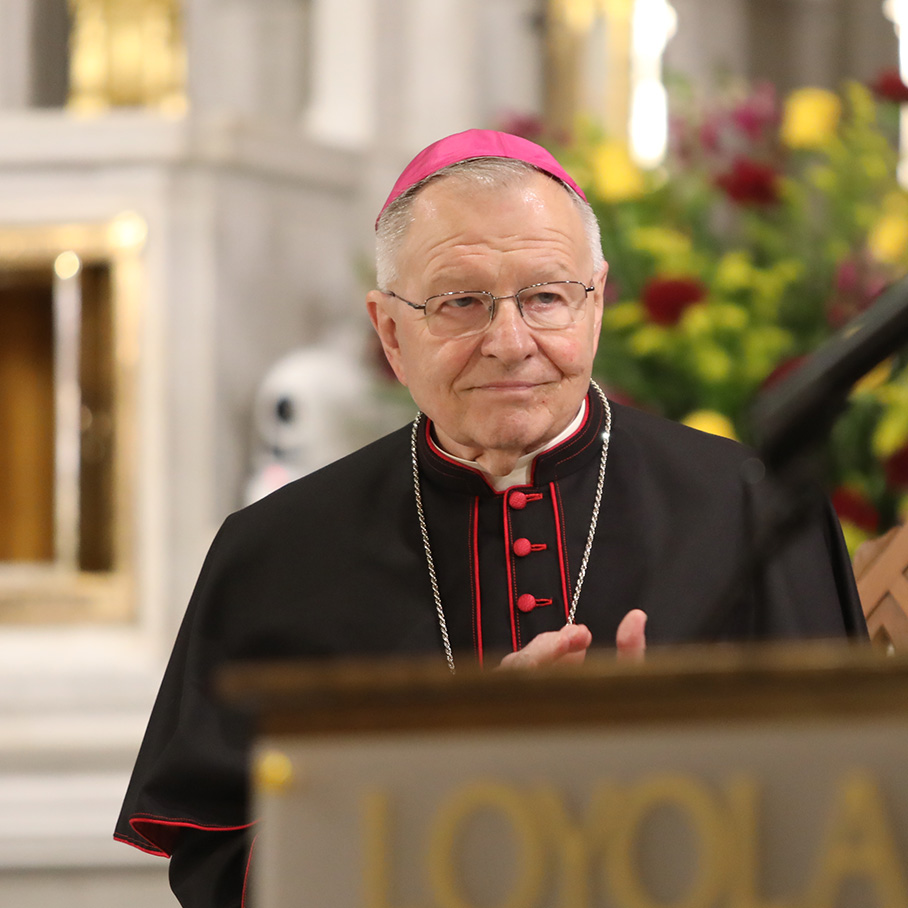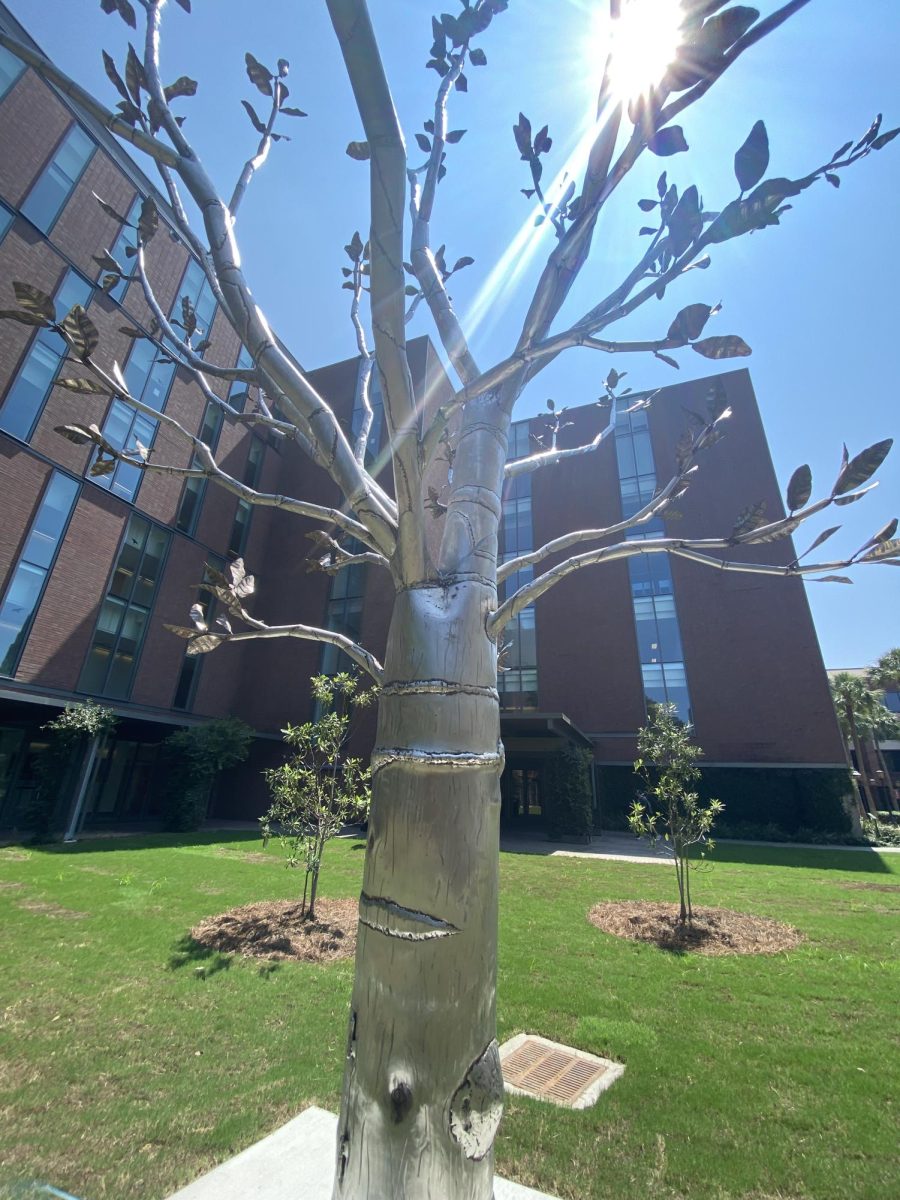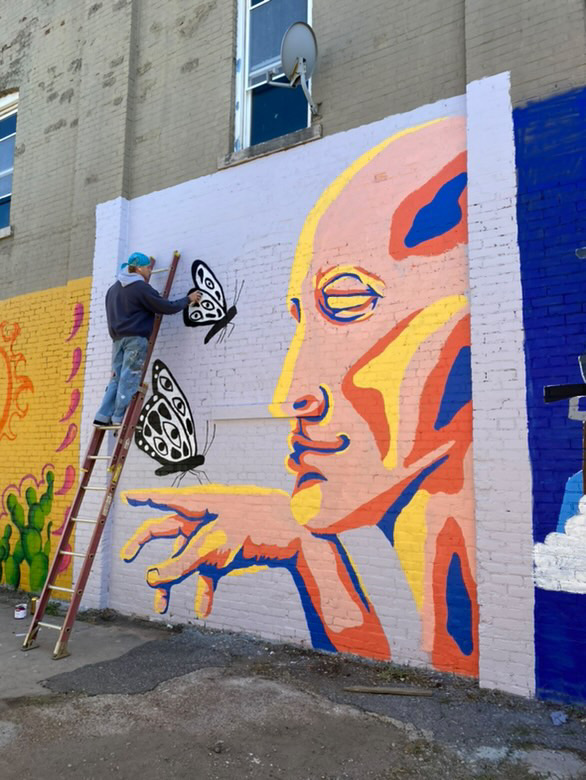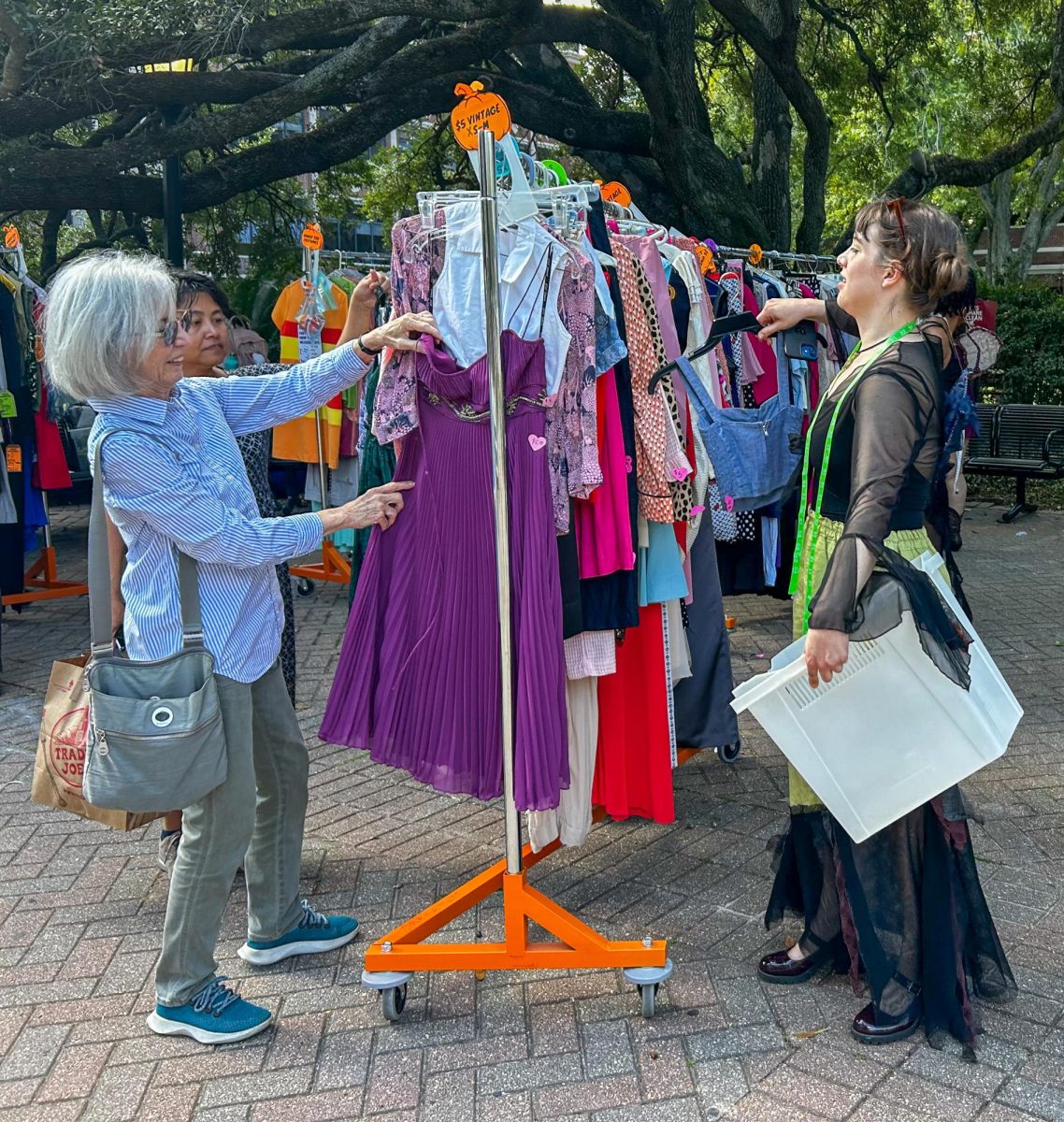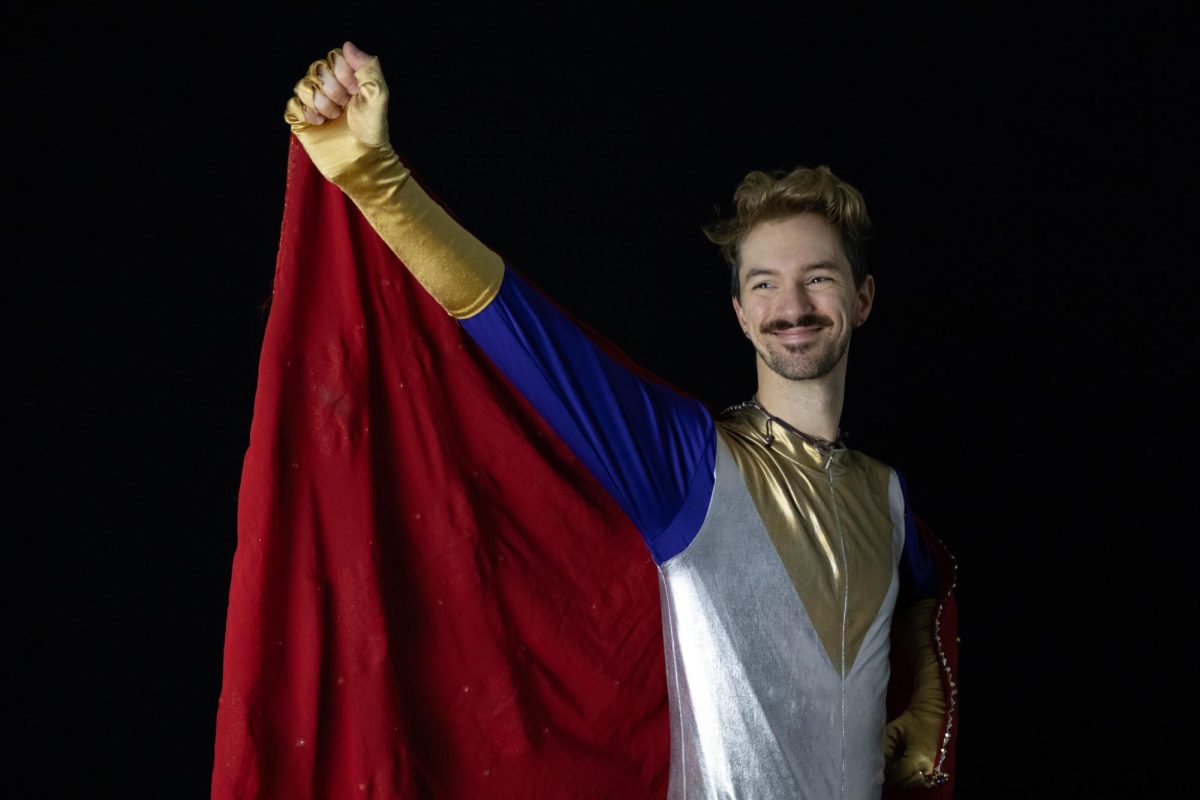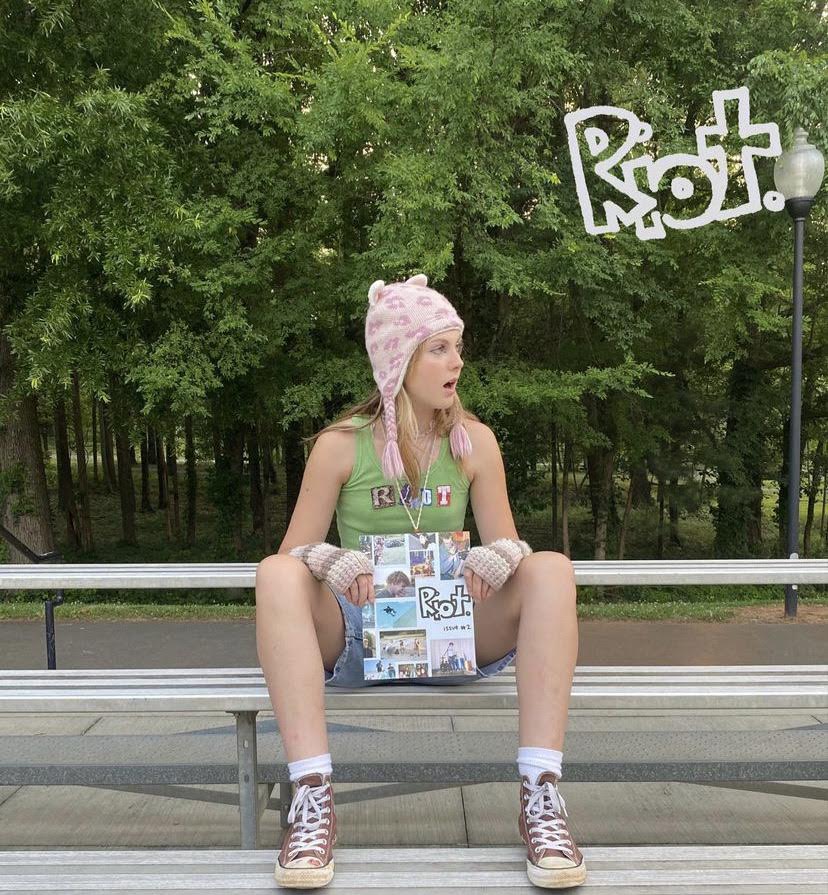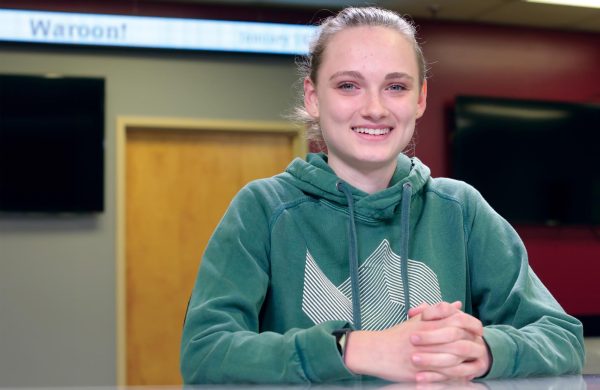In such a diverse city like New Orleans, the Mardi Gras season is always a time to look forward to, whether you’re from the city or live states away. In appreciation of the holiday season, it is only right to highlight the Black voices and krewes of Mardi Gras that makes the season special. From coveted coconut throws to compact mirrors, from recent years to centuries ago, here is a list of predominantly African-American krewes and organizations that embody Mardi Gras to understand the diverse impact of the Carnival season.
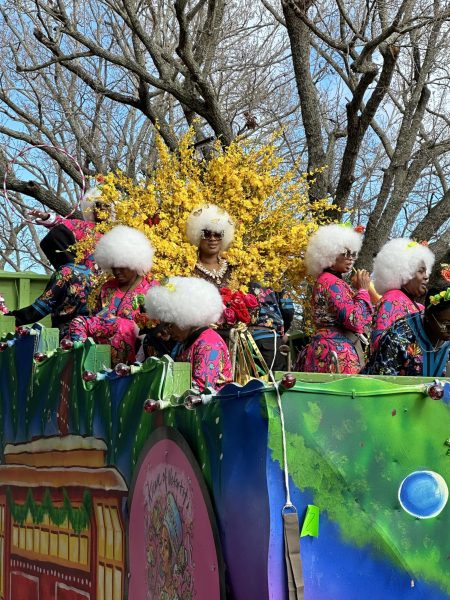
Krewe of Nefertiti: Founded in 2018, the Krewe of Nefertiti established themselves as an all-female krewe focused on volunteer and community service within New Orleans. With a parade route located in New Orleans East, the Krewe of Nefertiti surround themselves with diverse voices and recruit those who strive to empower women and their accomplishments. Standing by their motto of “we serve before we roll,” Nefertiti makes its mark as a newer krewe within New Orleans for everyone in attendance of Mardi Gras to embrace.
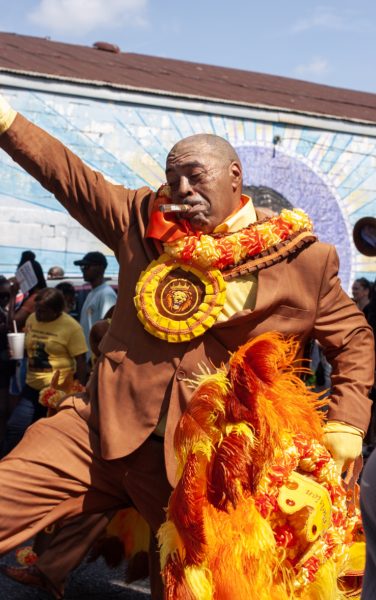
Krewe of Zulu: Founded in 1909, although marching since 1901, the Zulu Social Aid and Pleasure Club, or Krewe of Zulu, is an all-male krewe who possess one of the most desirable throws of Mardi Gras: decorated coconuts. Inspired by the Zulu Tribe, the krewe established themselves as Zulus, wearing face paint and grass skirts while marching. Known as the largest Black krewe in New Orleans, Zulu makes their presence known and heard every Mardi Gras season, and you better hope you’re one of the lucky people who gets to take home a coveted coconut.
The Mystic Krewe of Femme Fatale: Founded in 2013, the Mystic Krewe of Femme Fatale are no strangers to having a good time during Mardi Gras, even if they are relatively new on the scene. As an all-female krewe, Femme Fatale strives to highlight and lift up diverse women and their voices during the parade season and beyond. Known for their compact mirror throws during the parade, Femme Fatale was the first krewe founded by Black women, for Black women, even though women of all races, ethnicities, and nationalities are welcome to be members.
Mardi Gras Indians: Composed mainly of Black men from the inner wards of New Orleans, the Mardi Gras Indians are not your average krewe, if a krewe at all. The community named themselves after various neighborhood wards in New Orleans, as well as after Native Indians who assisted them out of slavery during its height. As a way for inner city neighborhoods to participate in Mardi Gras without fear of being judged or not enough, the Mardi Gras Indians developed out of the “ghetto” to diversify their voices, giving Black neighborhoods a chance to create their own form of the holiday season. Although an exact founding date cannot be determined, the Mardi Gras Indians have history that goes back more than a century ago in the 1880’s. Each “tribe” within the Mardi Gras Indians has their own unique style and traditional Native attire, which proposes an appreciation of culture and diversity within their community and for New Orleans.


